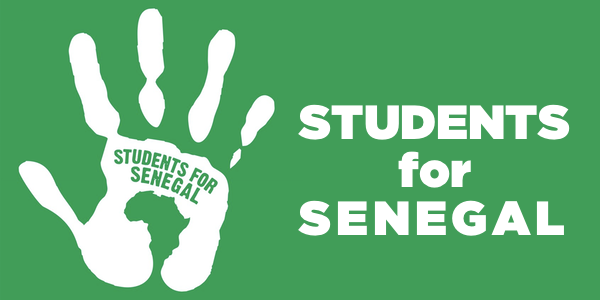We place special emphasis on equality, especially for women and girls.
In Senegal, the literacy rate of women is nearly 25% less than men, and this divide is even greater in rural areas. Women are the primary caregivers and central pillars of family life. Amary Seck, who was born and raised in Senegal, can remember how there would be days when some families would not have enough money to buy food, yet it was still up to the women to somehow try and find food for their families.
Women serve the role of mother, farmer, shop keeper, caregiver and teacher. Students for Senegal has several programs and future plans to benefit women of all ages.
The Lambaye Learning Center
- The learning center we are building will have areas dedicated to women's education and female empowerment. We have plans for a women's center where women and girls can gather to learn, share stories, work on crafts and projects and have a space that is entirely their own.
- There will be facilities to help with the making of clothing and other items that women sell to support themselves and their families
- There will also be places for women to sell their merchandise and the increased traffic through the village because of the Learning Center will mean more sales and more income for these women.
- The Lambaye Learning Center will include: (1) a Sewing Center (which we are looking for a person or organization to finance), (2) places for women and girls to meet, discuss and learn from one another and (3) a library with thousands of books and resources available to the entire village and surrounding community.
- We are committed to making sure that all voices are heard during the design process.
Women’s Education
Left: Headmaster, Nogoye Diagne. Right: Pre-school Teacher, Case des Tout Petits.
- Female literacy is 25% less than male literacy
- For $50 we can send a young girl to pre-school or high school
- Often in Senegal, a family will only have enough money to send one child to high school and they will almost invariably choose the male child.
- For just $50 a year we can give young girls the opportunity to achieve their potential by going to high school and hopefully, on to college.
- We hope to sponsor a program that lets women who are too old for traditional schooling, catch up and learn to read and write to better their economic positions.
Food Production
A major problem in the village is garbage collection. Most families simply throw all their trash in a pit behind their house. Our hope is that we can develop ways to cover up these pits and turn them into small gardens that families can use to grow food and add some much needed foliage to the village.
We are always open to and in search of new ideas and we are currently looking for partner organizations that we can work with to give opportunities to the women of Senegal. Please contact us if you can help.


